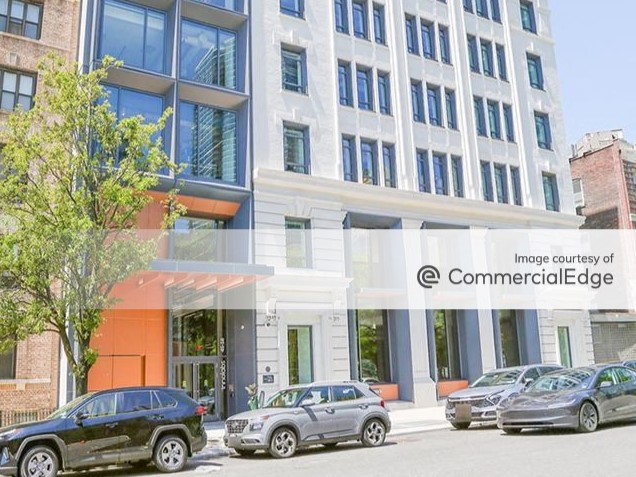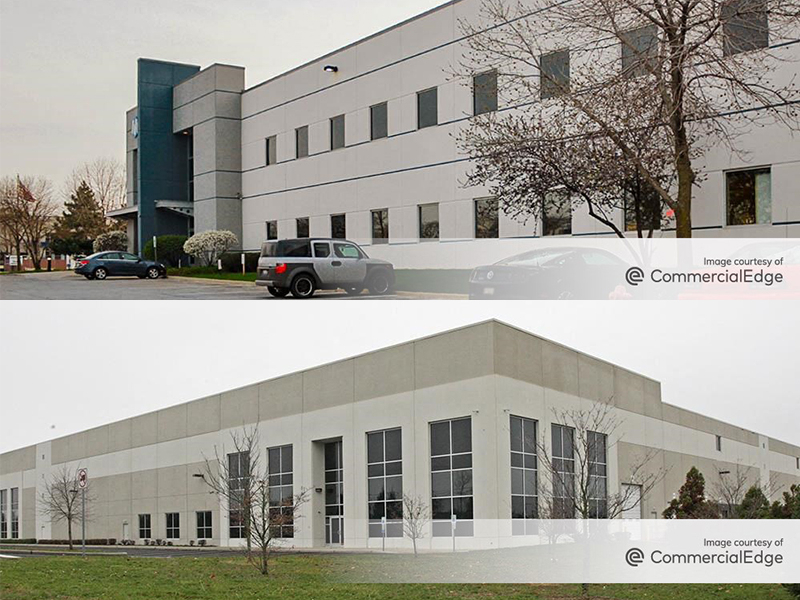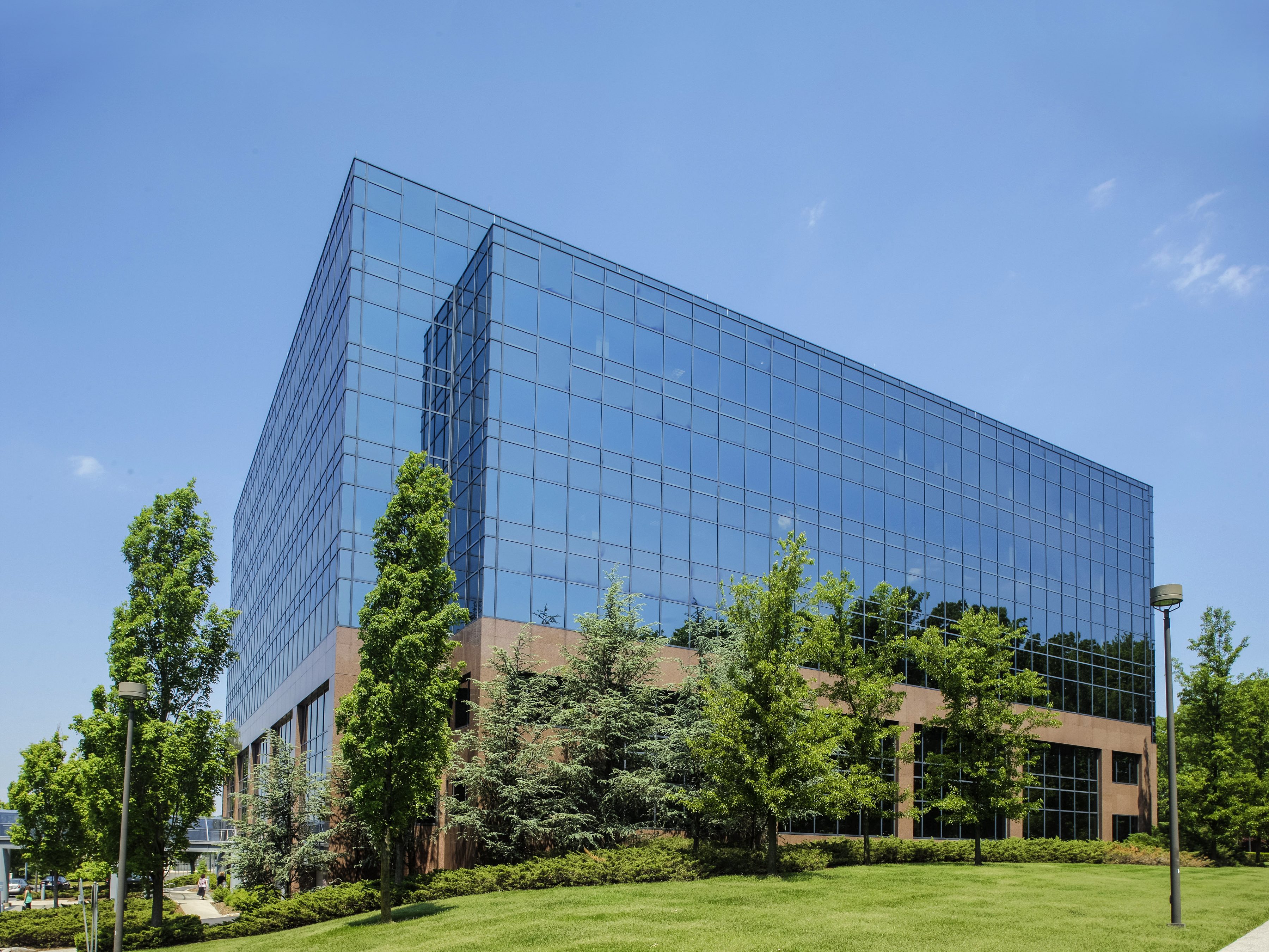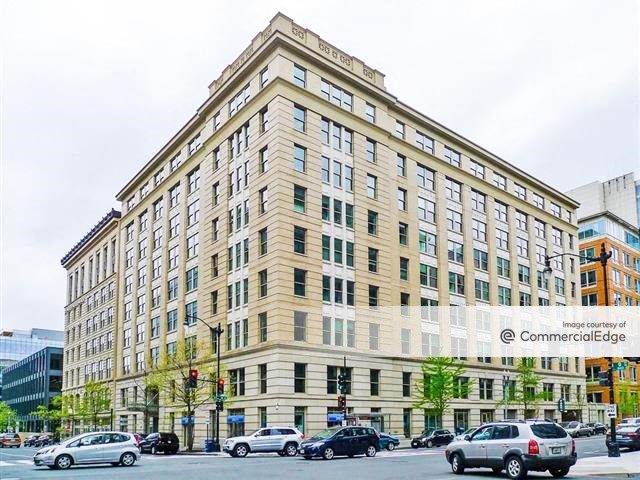Cannon Commercial Gets $60M in CBMS Financing for Industrial Deal
JLL arranged the acquisition loan.

Cannon TTM, a Cannon Commercial division, has obtained $60 million in financing to acquire a 2 million-square-foot industrial portfolio comprising two buildings, one each in Jacksonville, Fla., and Hammond, La. The properties are both fully leased to regional grocery chain Winn-Dixie. JLL secured the 10-year, fixed-rate CMBS loan.
The Jacksonville location is 12 miles from Jacksonville International Airport in the Riverside submarket, while the Hammond site is between New Orleans and Baton Rouge, La. Both assets are considered mission-critical distribution centers for Winn-Dixie, a subsidiary of Southeastern Grocers, which is owned by ALDI.
READ ALSO: Industrial Sector Transitions as Supply Shrinks
The long-term occupancy by Winn-Dixie and the assets’ locations in growing Southeast markets made this deal an attractive one for lenders, according to JLL Senior Managing Director Jeff Sause, who facilitated the deal along with Associate Joshua Blank.
Cannon TTM is an arm of Cannon Commercial, a private real estate investor associated with Tinder founder Justin Mateen and his brother Tyler Mateen. The firm recently acquired Wilshire Rodeo Plaza in Beverly Hills, Calif., from Nuveen for $211 million, in the largest transaction in that city since 2019.
CMBS lending surged in ‘24
CMBS lending has bounced back from interest rate doldrums in 2022 and ‘23, with issuance rebounded in 2024 to $108 billion, marking a 168 percent increase from 2023, according to Trepp.
The resurgence was led by $70.7 billion in single-borrower issuance, indicating borrowers’ preference for floating-rate loans, which seems to represent a belief that interest rates will continue to decline.
Industrial loans via CMBS totaled only 8 percent of last year’s volume, Trepp reports. Retail loans were about a third of the total, however, compared with about 21 percent in 2019.







You must be logged in to post a comment.